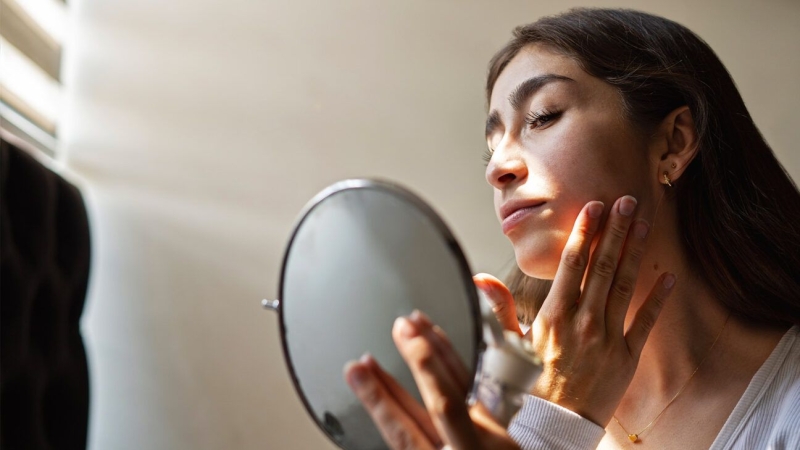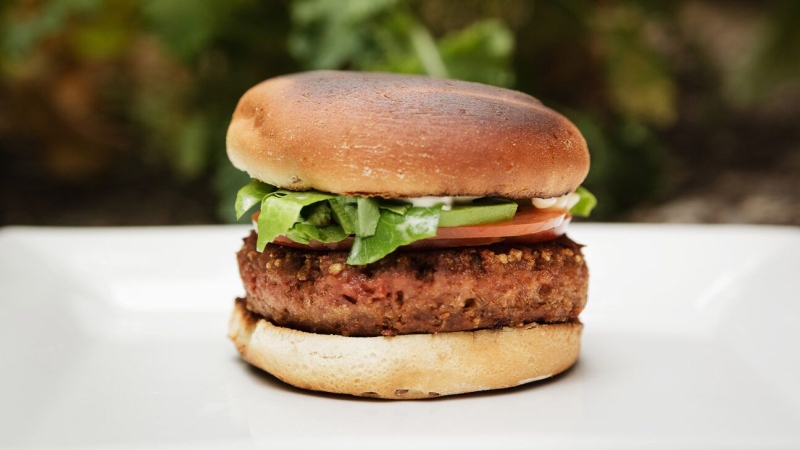- TikTok’s Winter Arc Challenge urges people to work on their health during the winter.
- The 90-day challenge asks people to choose 10 healthy activities to do every day.
- These activities address both physical and mental health.
- Experts say the challenge can help people form healthy habits.
- However, people should be careful that they are following sound health advice.
Have you ever made a New Year’s resolution for yourself, perhaps vowing to finally lose those extra pounds or get into the best shape of your life? About 3 out of 10 people made a New Year’s resolution in 2023, according to Drive Research, so it wouldn’t be surprising if you have made one in the past.
Now, however, TikTok users are putting a new spin on things by getting an early start on transforming their lives with the Winter Arc Challenge.
Proponents of the Winter Arc Challenge suggest taking 90 days in the late fall and winter to prioritize your physical and mental health rather than waiting for the new year to get a start.
“These are the months where a lot of people tend to slow down … this is the time where people tend to let their foot off the gas,” explains TikTok influencer @carlyupgraded, adding that the Winter Arc Challenge is about “dialing … in and getting super laser focused on your goals.”
According to Fortune Well, the Winter Arc Challenge features a hardcore mindset reminiscent of another viral TikTok trend called the 75 Hard Challenge.
They additionally write that it does not have a set plan. Instead, people generally come up with a list of 10 self-improvement activities that they’d like to add to their daily routine, such as walking 10,000 steps, drinking more water, or journaling every day.
The activities chosen are meant to boost both physical and mental wellness.
However, experts point out that there could be both pros and cons to following this challenge. We contacted two of them to get their opinions about the Winter Arc Challenge’s potential benefits and risks.
The pros of TikTok’s Winter Arc challenge
Jonathan Kaplan, M.D. — who is a board-certified plastic surgeon, tech innovator, TikTok influencer, GLP-1 expert, and entrepreneur as well as the founder and CEO of BuildMyHealth — said he sees “a lot of potential” in this viral TikTok trend.
“From my point of view, there are some real benefits to the 90-day personal development framework,” he said.
Kaplan noted firstly that it makes use of a “key psychological window” between November and January when people are already thinking about bettering themselves.
“Creating a community-driven, structured challenge is more likely to keep people accountable and moving,” he stated.
Another pro of the Winter Arc Challenge is that it leverages what research has shown about how long it takes to form a new habit. Kaplan pointed to a 2009 study published in the European Journal of Social Psychology which found that, on average, it took people about 66 days to turn a regular practice into a habit.
“[S]o psychologically, a 90-day commitment gives us enough time to form a real habit,” he said.
Additionally, since the challenge focuses simultaneously on physical and mental health, Kaplan said it addresses the interdependence of wellness, a focus that he uses in his own medical practice.
“The social media piece — which will probably involve TikTok documentation and community support — provides an additional layer of motivation by way of shared experience and, perhaps, social reinforcement,” he concluded.
The cons of the TikTok’s Winter Arc challenge
However, Joseph Trunzo, Ph.D. — who is a licensed, practicing clinical psychologist with expertise in the psychological management of chronic medical illnesses and the treatment of mood and anxiety disorders as well as the Associate Director of the School of Health & Behavioral Sciences and a professor of psychology at Bryant University — urged caution with challenges such as the Winter Arc Challenge.
“Broad-based health advice delivered through social media channels (or any media for that matter) that are not tailored to the individual’s physiological and psychological needs can be ineffective or, at worst, directly harmful,” he said.
Trunzo further discussed the risks associated with misinterpreting advice, taking that advice to an extreme, or doing something inadvertently harmful.
“While the advice itself may be generally helpful, the application of the advice by the individual – which will encompass all of their psychological, social, and behavioral influences – may not be so beneficial,” he noted.
Trunzo added that the best idea is to work with professionals — such as your doctor, therapist, or trainer — to ensure that you are working toward your goals in a healthy, effective way.
If you don’t have access to professionals, he advises looking for information from reputable sources and organizations.
“Working on your goals with others can add a positive social aspect as well,” he suggested.
Finally, Trunzo explained that, while getting healthy can be hard, it should never feel bad.
“[E]xcessively negative thinking, feelings of guilt, isolation, consistently negative comparisons of self to others, or anything else that feels burdensome are all signs that the plan should be re-evaluated,” he said.
Takeaway
TikTok’s Winter Arc Challenge encourages people to get a headstart on improving their physical and mental health during the late fall and winter rather than waiting to make a New Year’s resolution.
The 90-day challenge generally involves making a list of 10 health and wellness-promoting activities to be done every day.
Experts say this challenge can be beneficial in helping people form better habits.
However, they should be cautious and make sure that they are seeking out sound advice from professionals.



